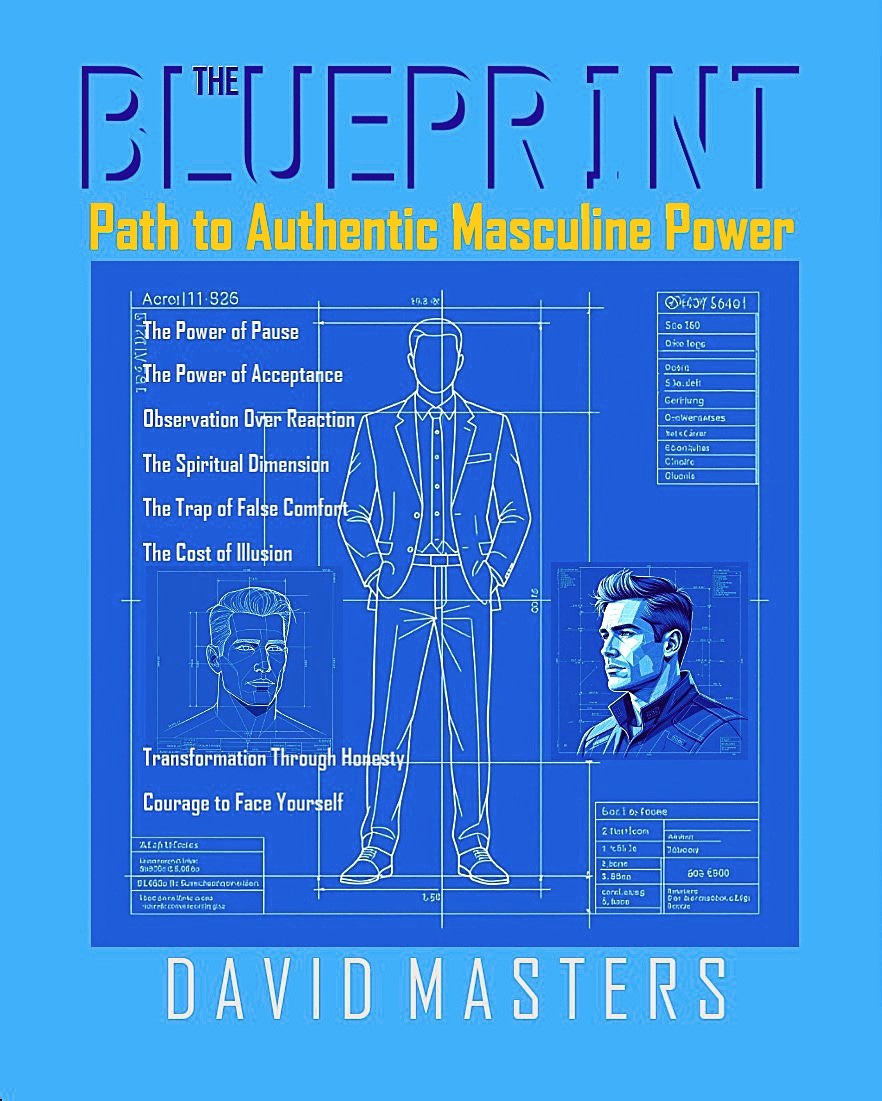Interview with Tyler Robinson dad on KSL-TV: Father "believed he had been too hard" on his son during his upbringing!
September 18, 2025 David Identified the disconnect between Father & son on his show
LISTEN: Killers’ dad too hard on his son - story not covered by media
Matthew (Matt) Robinson, the father of Tyler Robinson—the suspect charged in the September 10, 2025, fatal shooting of conservative activist Charlie Kirk at Utah Valley University—publicly expressed regret in a September 15, 2025, interview with KSL-TV, stating that he believed he had been "too hard" on his son during his upbringing.Key Details from Robinson's Statement:
Context of Regret: Matt Robinson, a 48-year-old countertop business owner from Washington County, Utah, described Tyler (age 22) as having struggled with mental health issues, including depression and isolation, exacerbated by family pressures and Tyler's recent expulsion from Utah Valley University for academic reasons. Robinson said, "I look back now and think I was too hard on him—pushing him to succeed when he was already breaking inside. If I'd been more patient, maybe listened more, this wouldn't have happened."
Role in Arrest: As previously noted, Robinson recognized Tyler from FBI wanted posters and convinced him to surrender peacefully on September 12, 2025, after Tyler admitted to the shooting but initially threatened self-harm. A family friend (a pastor and U.S. Marshals officer) assisted in the handover.
Family Background: The Robinsons are a registered Republican family; Matt has donated to local GOP causes. Tyler's motive remains under investigation but appears tied to personal grievances rather than ideology, per court filings.
Public Reaction: Robinson's comments sparked online discussions about parental responsibility and mental health, with some conservative outlets (e.g., Fox News) framing it as a cautionary tale on "tough love," while others criticized it as deflecting blame from Tyler.
This statement aligns with updates in Tyler's arraignment on September 18, 2025, where his defense team cited childhood trauma and untreated mental illness as mitigating factors.



